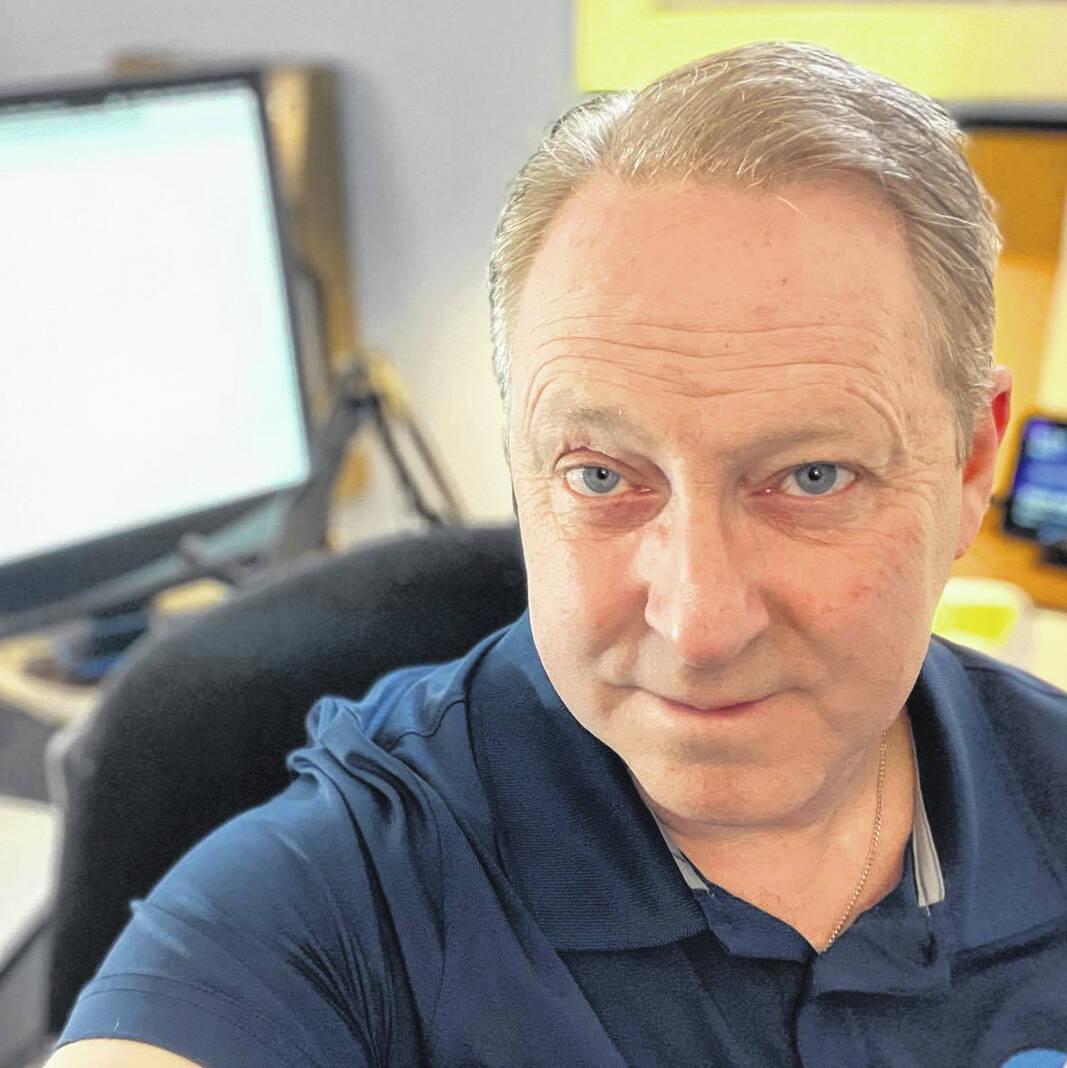
If you’re between the ages of 25 and 70, you probably either know someone who is caring for an elderly family member or special needs child, or you are doing it yourself. The Caregiver Alliance defines a “caregiver” in this way… A caregiver — sometimes called an informal caregiver — is an unpaid individual (for example, a spouse, partner, family member, friend, or neighbor) involved in assisting others with activities of daily living and/or medical tasks. Formal caregivers are paid care providers who work in one’s home or in a care setting (daycare, residential facility, long-term care facility).
I don’t know who came up with the term “informal caregiver,” but it infuriates me. Regardless of whether there is any financial compensation (which is rare), the idea that family and friends who have given their time, resources, and sometimes their lives, to take on the all-encompassing task of caregiving should be considered “informal” is ludicrous and insulting. For many years, I and my siblings, nieces, and a cousin looked after my parents as they declined. First, my mother, who suffered from Alzheimer’s disease and required full-time care for the last 3 years of her life, and then my father as Parkinson’s ravaged his health and needed 24-hour support.
Without forgetting the kindness and dedication of most I have run into who have chosen to be professional health care workers, they are specifically that — professional health care workers. In my opinion, the term, “Caregiver” should be reserved for a family member, friend, or partner who has given of themselves, without expectation of restitution, to fully care for their loved one. This holds true for those who had to make the painful decision to move them to a full-time care facility for medical and safety reasons yet still must manage their care. So why do I think these terms should be changed? Let’s lay out some of the facts.
There are roughly 2 million “formal,” or “compensated” healthcare workers currently employed in the United States — nowhere near enough. While usually very dedicated and kind, they are, respectfully, professional healthcare workers — not caregivers. They are doing a job they’ve been trained to do and for which they are compensated. We can argue how inadequately they’re compensated at another time. They have no obligation or expectation to manage the patient’s regular care continuously and indefinitely. When their shift is over, they leave and go home and someone else comes on duty.
Conversely, as of November 2022, there were approximately 43.5 million “Informal,” “unpaid,” or “family” caregivers in the country. They get no pay, no benefits, no days off. Most of them work 24 hours a day, 7 days a week, without a break. Many often live in poverty after losing jobs, homes, healthcare, and even thousands of dollars in social security benefits. Some manage multiple households, tending to finances, cooking, cleaning, and childcare. Still more have the added stress of serving as financial and medical powers of attorney, or even full guardians, taking on the backbreaking responsibility of maintaining their charge’s complete living situation.
To make matters worse, “Informal” caregivers are dying at an alarming rate, sometimes from suicide fueled by crushing depression. To reiterate, I have the utmost appreciation and respect for professional healthcare workers. But it’s not the same.
What can be done? Good questions. Unfortunately, without government intervention, nothing will change. Sadly, it’s all about the cash. Support for family caregiving offers no money or power to lobbyists or special interests. Caregivers can’t grease the palms of Congress or state legislatures. Besides, why would politicians mess with the kickbacks they get from a healthcare industry gorging itself at the trough of public funds for high-profit nursing homes or massive hospital corporations?
But there are things we can do to help. At the very least, respect their work and commitment and correct those who refer to them as “informal” caregivers. If you know a Caregiver, you can help them too. Take them a meal. Spend some time with them in their environment. Sit with their family member so they can take a nap or look after themselves in some way. Although they appear strong and together, they’re suffering. Silent and weary. They are the Caregivers.
Gery Deer is a Greene County resident and columnist. He can be reached at www.gldcommunications.com.

